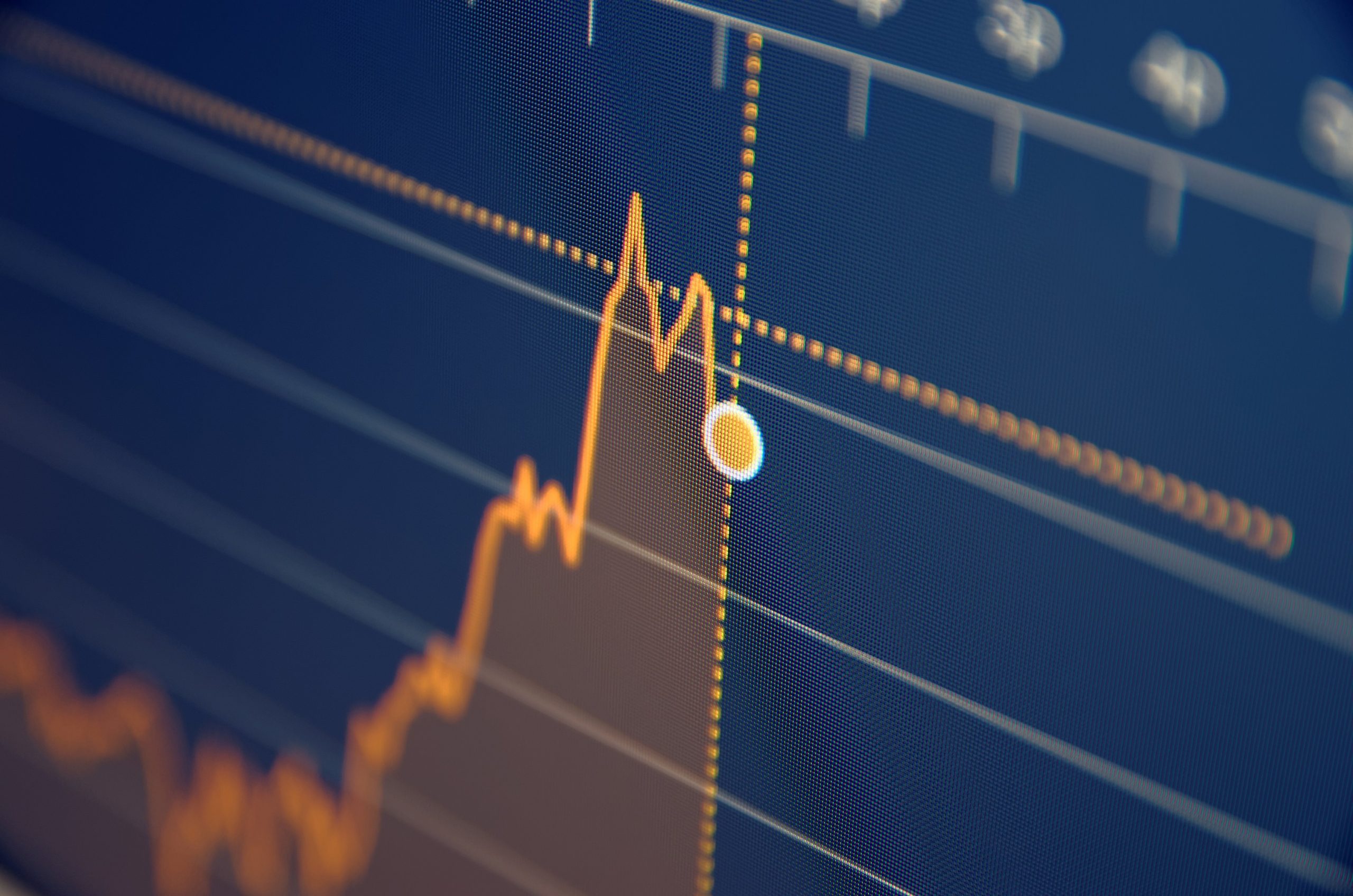by Hubert Marleau, Market Economist, Palos Management
March 3, 2024
I’m a happy camper because everything is copacetic. Employment is doing fine, inflation is moderating, productivity is rising and the stock market is hitting record highs. Compared to the economy of every other advanced country, the U.S. looks great, and powers ahead despite the age of its recovery. First, the Atlanta Fed’s NowCasting model is presently tracking an annual growth rate of 3.2% for the first quarter of 2024. Second, BLS reported that the January Personal Consumption Expenditures Price Index, the Fed’s preferred inflation measure, matched street expectations, falling to 2.4% y/y from 2.6%, with a 3-month annualised rate of 1.61%.
There are several underlying factors which explain this superiority. The U.S. has deployed industrial policies and created monetary conditions that have fostered energy independence, a dominant technology sector and lower corporate taxes. Consequently, higher return on capital and improved terms of trade has resulted, in turn attracting a lot of funds from overseas. In this connection, the stock market is cooking because the economy is producing healthy earnings across a wide range of industries.
Nonetheless, the Conference Board reported this week, in a survey that was conducted in February, that consumers were relatively satisfied with the economy, but concerned about the political environment.
This is perplexing for good reason. We are in a political cycle that could change the perspective, exerting an effect on the economy that is completely different from what investors are counting on. There’s a world of difference between the left activism of the Democratic Party and the reactionary right of the Republicans that is caused by an unchangeable identity crisis. The political centre is completely unsatisfied and probably unprepared for the hard realities that this unthinkable political situation might bring. What seems likely to happen over the course of the year may end up to be very different. Indeed, seeing the economy from the standpoint of the now, and extrapolating on what we know today into the future, can be misleading. In other words, imprudent judgments about what lies ahead leads to unhedged investment decisions that will be costly.
Yet I remain positive on the economy, raising my base case scenario for the S&P 500 to 5500. Andrew Garthwaite, a UBS equity strategist, offered the possibility that if the new trend in productivity growth has indeed jumped to 2.5% per year from the usual 1.25% of past years, the S&P 500 could reach 5725. Interestingly, the surge is occurring mainly in the knowledge-intensive industries, where the real value of AI can be easily adopted: professional and business services, education, health, finance and hospitality.
Knowing that anticipations about the future are not always validated, I’m buying stocks that are near their 52-week low, with attractive dividend yields, combined with strong cash flows stemming from productivity. While keeping a decent exposure in technology, however, I’m not adding to it.
P.S. I’m on a cruise ship until March 22. There will be fewer letters (unedited plus short and sweet.)
Copyright © Palos Management















